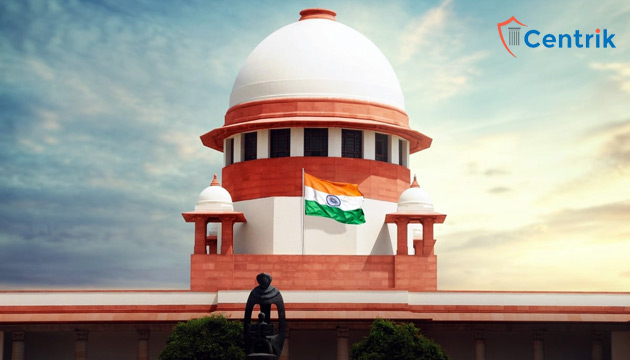
Status as on: 17/08/2022
In a recent judgment in the case of Kotak Mahindra Bank V. Kew Precisions Parts Pvt. Ltd., a division bench of the Hon’ble Supreme Court condoned the rejection of an appeal by the Hon’ble NCLAT for being time-barred as per the Limitation Act, 1963. Directing the Appellate Tribunal to reconsider the matter, the apex court said that the NCLAT must have notified the bank (Financial Creditor) before closing the Corporate Insolvency Resolution Proceedings initiated by the NCLT. It would’ve ensured an opportunity for the bank to rectify the defects in the application.
FACTS:
Kotak Mahindra Bank (Financial Creditor) had provided a loan to Kew Precisions Parts Pvt. Ltd. (Corporate Debtor) who ultimately defaulted in making repayment and was categorized as a non-Performing account in 2015. Notice under SARFAESI Act was issued to them in 2017 and in December 2018 the Corporate Debtor accepted its liability through a settlement agreement agreeing to make payment by 30.12.2018. On default of the same, the financial Creditor on 02.01.2019 filed for IBC proceedings. In September 2019, NCLT initiated the CIRP Process, imposed a moratorium, and appointed an Interim Resolution Professional (IRP). NCLAT allowed an appeal on the same, holding the proceeding to be time-barred.
ANALYSIS OF THE COURT:
The court observed that the Corporate Debtor’s acknowledgment of debt and entering into a settlement agreement with the financial creditor was a valid contract and within the scope of the Limitation Act. Emphasizing on the appeal was a continuation of the proceedings, the Court remanded the matter for fresh consideration by the NCLAT. It adjudged that before rejection, the Appellate Tribunal needs to inform the creditor and give sufficient chance to them to submit any additional documents to justify their claim. It is further said that such additional documents can be filed at any time before the CIRP application is finally dismissed. As the acknowledgment of liability had been made in writing and was signed by the corporate debtor and was made well within the limitation, it had the effect of creating a fresh start to the limitation. And hence, the Creditor could seek their claim during CIRP.
Disclaimer- The above article is based on the personal interpretation of the related orders and laws. The readers are expected to take expert opinions before relying upon the article. For more information, please contact us at rera@centrik.in




 join For Updates
join For Updates